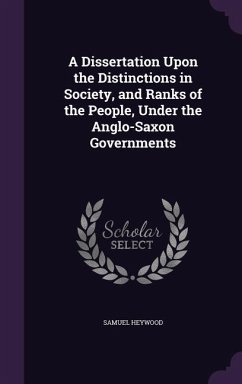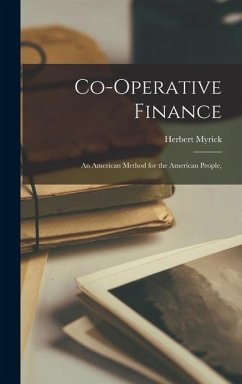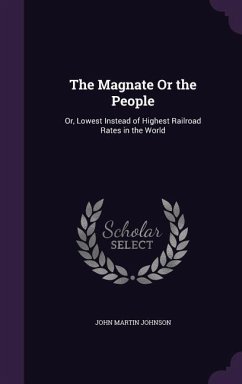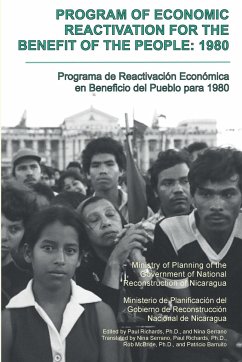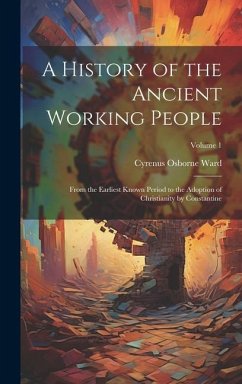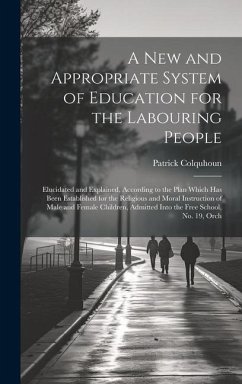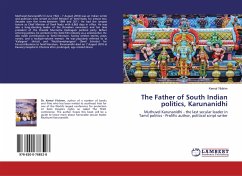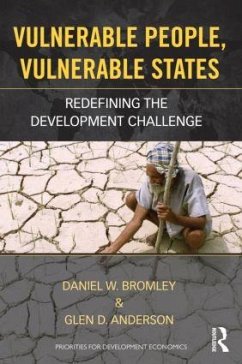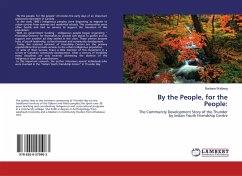
By the People, for the People:
The Community Development Story of the Thunder by Indian Youth Friendship Centre
Versandkostenfrei!
Versandfertig in 6-10 Tagen
36,99 €
inkl. MwSt.

PAYBACK Punkte
18 °P sammeln!
In the early 1960's Indigenous peoples were beginning to migrate to urban centres from reserves and residential schools. The communities were often hostile and had no services to support the transition of this population . With no government funding , Indigenous people began organizing " Friendship Centres" for themselves to provide safe places to gather and to support one another as they settled in the cities. Today, the national network of Friendship Centers are the primary organizations that provide services to the urban Indigenous population. In this important research, the author intervie...
In the early 1960's Indigenous peoples were beginning to migrate to urban centres from reserves and residential schools. The communities were often hostile and had no services to support the transition of this population . With no government funding , Indigenous people began organizing " Friendship Centres" for themselves to provide safe places to gather and to support one another as they settled in the cities. Today, the national network of Friendship Centers are the primary organizations that provide services to the urban Indigenous population. In this important research, the author interviews several individuals who were involved in the "Indian Youth Friendship Center" in Thunder Bay. They tell a compelling story of the positive impact of the centre on their lives and the importance of the movement to Indigenous and Canadian community development. Their voices contribute to an understanding of the success and resilience of Indigenous grassroots organizing, and place IndigenousFriendship Centres as am important part of community development history in Canada.



